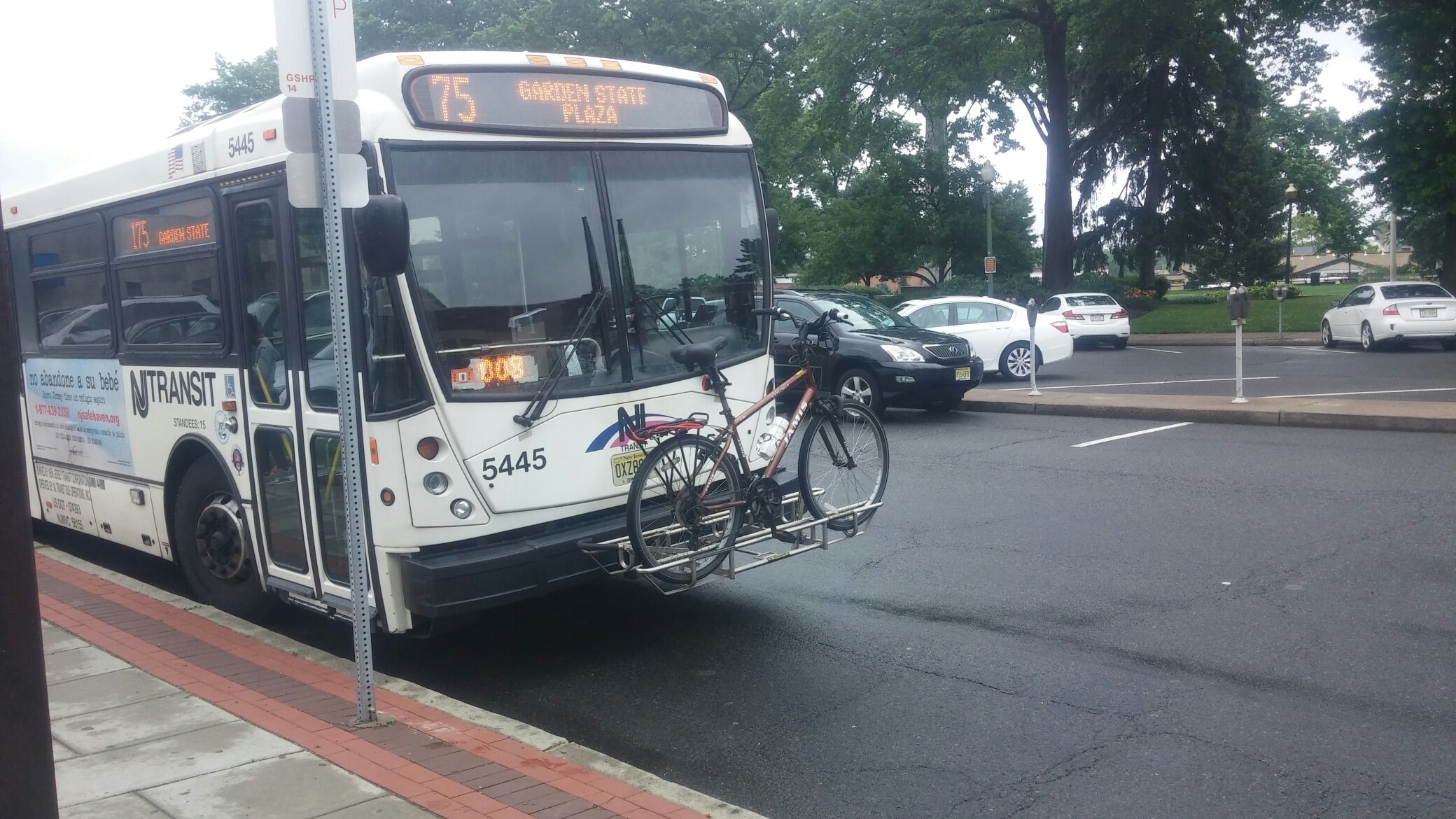
Plenty of things can kill the romance in a relationship.
March 20,2017
the staff of the Ridgewood blog
Ridgewood NJ, But traditionally, money and all the complications that come with it sit near the top of the list.
“I’ve worked with hundreds of married clients and have seen a lot of spending habits over the years, both good and bad,” says Dan Carter, an Investment Advisor Representative for Safeguard Investment Advisory Group (www.safeguardinvestment.com).
“There’s no doubt that when the numbers in the bank account start dropping, the tempers can start flaring.”
Carter recalls that when he and his wife were planning their wedding, the minister declined to perform the ceremony unless they met with him three times beforehand.
“Guess what he talked about – money,” Carter says. “He said money can cause a lot of problems in a marriage. When the wolves are at the door, couples stress, argue, and often break up.”
In fact, 20 percent of couples say that financial decisions cause tension in their relationships every day, and 31 percent say money issues lead to stress weekly, according to a survey by the American Institute of CPAs and the Ad Council.
The key is for couples to get on the same page about money, Carter says. Tensions can’t help but grow if one spouse is extraordinarily frugal while the other is a spendthrift. He suggests:
• Sit down and talk about what is important. If a husband’s financial goals and a wife’s financial goals are at odds, trouble is inevitable. He might want to stash more away for retirement. Her chief concern might be saving enough to help the kids through college. The important thing is that each understands the other’s priorities and concerns, and then they can work from there, Carter says.
• Understand that there must be a balance. Some couples spend recklessly, racking up massive credit-card debt, while others go to the opposite extreme, fearful of parting with money for anything other than basic necessities. Be disciplined, but treat yourselves once in a while, Carter says. An occasional splurge isn’t a bad thing. Couples can benefit from a dinner at a nice restaurant or a weekend trip to the beach. “The problem is when splurging becomes the norm,” Carter says. “But life shouldn’t just be one dreary chore after another. You do need to live a little.”
• Ignore the Joneses. Let your neighbors, relatives and co-workers do what they do, buying unnecessarily expensive cars, living in houses they can’t afford and traveling to exotic destinations that are really outside their budgets. Enjoy life, but live within your means.
“There are plenty of sayings about money, like ‘money can’t buy you love’ and ‘the love of money is the root of all evil,’ ” Carter says. “Those sayings may contain a little truth, but I’d say money also can be a useful tool, a very positive thing. If you use it wisely, it can enhance your life and your loved ones’ lives, too.”
About Dan Carter
Dan Carter, an Investment Advisor Representative for Safeguard Investment Advisory Group (www.safeguardinvestment.com), has 18 years experience in the insurance and estate planning industry. Carter also is the radio host for a financial radio program, “The Big Picture Radio Show,” on KVTA 1590, Ventura County’s Gold Coast “News Talk” station. Carter holds California Life-Only and Accident and Health licenses (#0C32681), and holds a Series 65 license, and is registered through the Financial Industry Regulatory Authority (FINRA).






